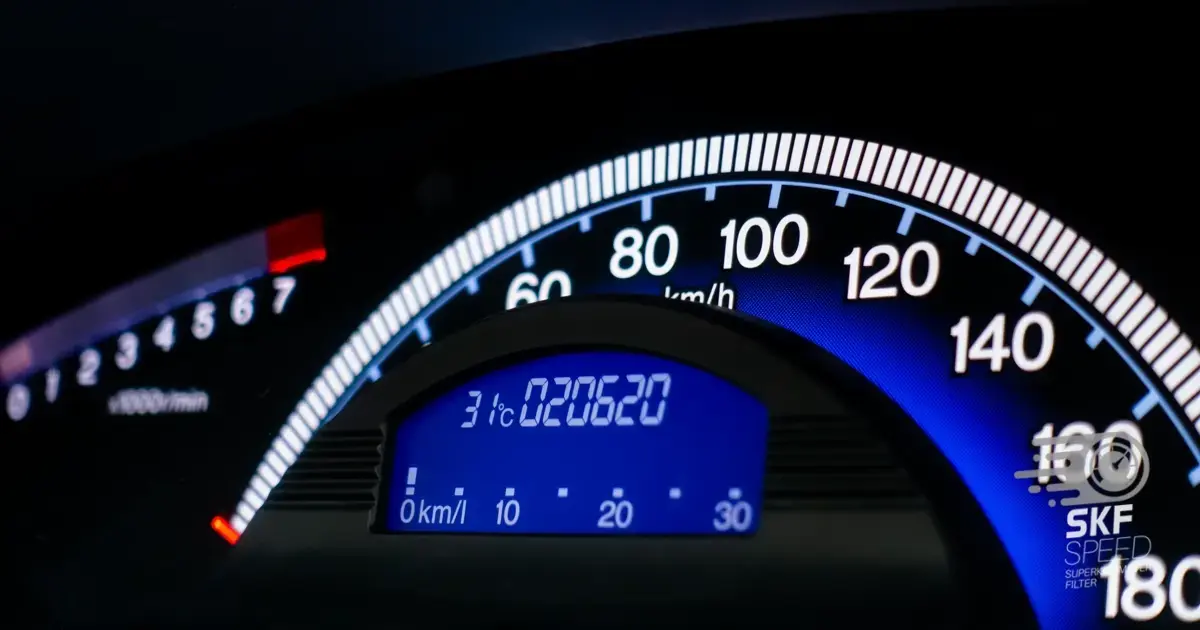
Business mileage reimbursement may be considered taxable income in particular cases; it mostly depends on the reimbursement method. Reimbursing mileage is a common practice that is beneficial for both sides. Employees don’t need to think of the financial side when it comes to work-related travel. Most states, including Oregon, California, and Massachusetts, are more employee-friendly than others. This means that they have labor laws that have a high standard of protecting employees who use personal vehicles for work-related purposes.
Work mileage reimbursement is a general concept that may take different forms. The most straightforward policy to employ and manage is to pay the IRS mileage rate. However, it is mostly questionable how reasonable a particular amount of money businesses pay to employees according to IRS law can be.
The business mileage reimbursement rate for 2024 is 67 cents per mile driven for business use. The Internal Revenue Service issues a standard rate every year, so employers pay employees for using personal cars for work purposes. Each year, the calculation is based on an automobile’s fixed and variable costs. The fixed cost of owning a car is depreciation, licensing, insurance, and taxes, whereas variable expenses include maintenance, repairs, and fuel.
Sometimes, companies reimburse the exact amount of money a particular trip costs, or it is pre-determined, generally by the IRS mileage rate. Administering and applying IRS rates is generally more comfortable for employers because all they need is mileage tracking.
Generally, IRS mileage reimbursement is not considered taxable income of employees. Still, if employees pays more than that amount it may be regarded as compensation and be taxed by revenue service. Some may misunderstand the distinction between compensation and reimbursement. If the employer can demonstrate that all the vehicle expenses are matched to business use, reimbursement is considered reimbursement in all other cases when an employer doesn’t claim compliance between payment and business use of the vehicle.
That’s why following the IRS reimbursement policy is always easier for companies to administer. Work mileage reimbursement is not the same for all types of organizations. Let’s look at what it’s like in different organizations.

Yes, the standard mileage rate is not 67 cents for all types of organizations. It depends on the purpose of the organization. It changes from year to year. According to the 2024, standard mileage rates are as follows:
Those rates apply to all kinds of vehicles, including electric and hybrid-electric autos and gasoline and diesel-powered vehicles.
Simply speaking, the calculation formula is as follows: reimbursement=miles*current rate; if the traveled distance is 300 miles, reimbursement will be as follows:
No, Organizations don’t need to use the IRS rate for business mileage reimbursement. They have a choice of methods. But there is a danger of overpayment and underpayment. Alternative methods of reimbursing are the following:
All methods mentioned above are not taxable if documents claim them. Employers and employees should perform proper recordkeeping about mileage and maintenance. As far as mileage, it should be reliable, and all the records should be genuine. Work mileage reimbursement can be taxable if reimbursement is more than actual expenses based on mileage or other documents.
It should be noted that reimbursement doesn’t apply to commutes. It only applies to work duties. For example, your company doesn’t reimburse you for your daily commutes. For proper business mileage reimbursement, there should be a clear distinction between business miles and commute miles. So, companies should use good mileage-tracking apps to avoid misunderstandings.
For example, if you drive 50 miles a day and your commute is 20 miles altogether, we should subtract 20 miles (commute) from 50 miles ( overall mileage), so your employer will reimburse 30 miles.
Mileage tracking and logging are vital, so they should be reliable. In the following paragraph, let’s discuss the reliability of that factor in further detail.
Unfortunately, mileage figures on the odometer are not always genuine and reliable, the first thing you can do is check the reliability of the odometer data. Unreliable odometer data means misleading work mileage reimbursement. There are two possible scenarios you may face:
Odometer fraud is a common illegal practice in most countries. According to the NHTSA, it is defined as “the disconnection, resetting, or alteration of a vehicle’s odometer with the intent to change the number of miles indicated.”
There are specific steps individuals can take to prevent becoming the victim:

A mileage blocker, made in Germany, is one of the most common tools used for altering mileage data in a controlled environment. It is designed for testing and tuning purposes; however, due to its untraceable performance, individuals use it to block recording mileage.
The mileage blocker from the Super Kilometer Filter is a tool that stops recording mileage figures on the odometer without leaving a trace. It means that it is undetectable unconditionally. The module does not store information in any control unit, making it impossible for anyone to trace the mileage that was stopped while using the module, even with diagnostic testers.
This module allows you to test your vehicle’s performance in a controlled environment. It comes with a mobile application, and you can change modes conveniently without touching the device. You can purchase the module for any maker and model from Super Kilometer Filter.
Caution: Be mindful when using any tool, especially when you work for a company and receive work mileage reimbursement from your employer. Misleading information can lead to misunderstandings.
To make the reimbursement non-taxable, following the rules and avoiding overpayment and underpayment is essential. For that purpose, proper recordkeeping is crucial. A business mileage reimbursement form is a document that includes the following details: employer’s name, date, starting and ending mileage, destination, purpose, additional comments, and notes if necessary. Following the guidelines is vital for the correct way of reimbursing. It is in the best interest of both sides. Businesses do it efficiently; on the other hand employee is thankful to his company.







Here you will find all the details about our company
Here you will find shipping and return related information
Here you will find information on all technical questions
Here you will find helpful information about installation